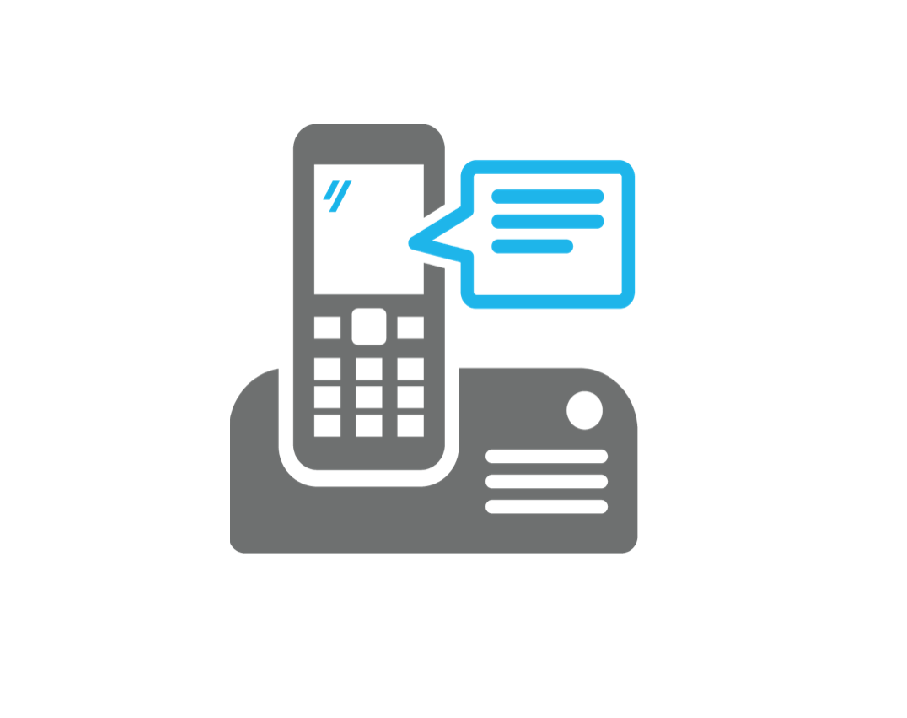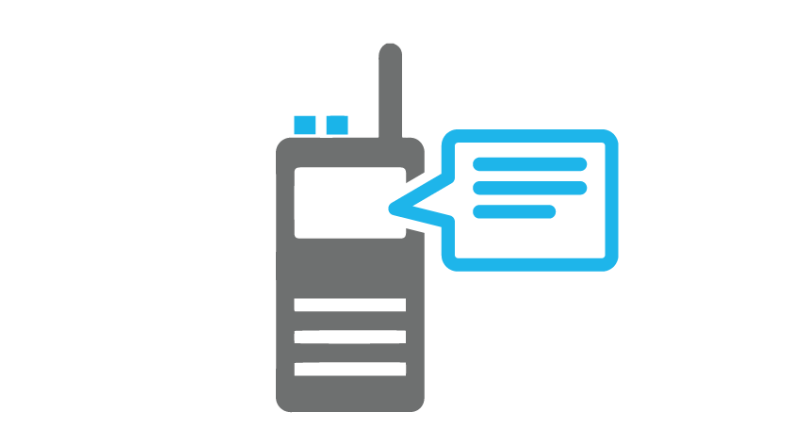
SMS
ALERT supports two methods for sending SMS messages:
• By using a GSM modem (requires a mobile subscription from a telecoms operator)
• By IP over the Internet and via the SMPP protocol, which is natively available in ALERT (requires an SMPP subscription from a service provider offering this particular protocol)




